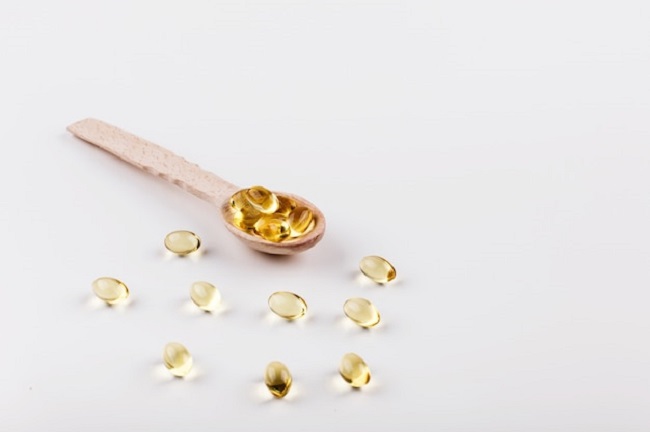Foods contain antioxidants, which are chemical components found naturally in foods including vitamins, minerals, and other chemicals. Antioxidants are beneficial because they neutralise free radicals, which can cause damage to the body if they are allowed to proliferate.
Natural biological functions like breathing, as well as environmental pollutants like cigarette smoke, can generate free radicals. Lacking sufficient antioxidants, these free radicals can damage cells throughout the body.

Evidence is mixed.
Antioxidants have been studied in relation to cardiovascular disease because of their possible function in preventing LDL oxidation. Numerous investigations have been conducted over the years. Some of the studies, however, had questionable outcomes because of how they were constructed.
Read Also:
Some research, for instance, may not have had sufficient numbers of subjects. Some people utilised vitamin E levels that were later determined to be insufficient. Some participants were only able to receive therapy for a short period of time, while others couldn’t tell if their improved health was due to the antioxidants or to other elements in their daily lives.
Conversely, some of the research had strong methodological foundations. However, they reached different conclusions. Antioxidants were helpful for some people. Others didn’t. Some researchers even found that beta carotene, an antioxidant, might be harmful.
Assuring There is No Longer Any Misunderstanding
Researchers can notice subtle benefits or harms from combining the findings of multiple research in a meta-analysis that might not be apparent from any single study alone. Their results were just published in the esteemed British medical publication The Lancet. What they discovered is presented below.
Vitamin E, alone or in conjunction with other antioxidants, was the subject of seven big randomised trials, whereas beta carotene was the subject of eight. Vitamin E was administered in quantities ranging from 50 to 800 IU, while beta carotene was administered in amounts ranging from 15 to 50 mcg (mg).
Read Also:
Simply put
Vitamin E did not significantly reduce the risk of cardiovascular death or stroke (also known as a “cerebrovascular accident”), and it did not improve survival rates compared to placebo.
It didn’t matter how much of a certain vitamin was given to a patient or what demographics they were from; there was still no discernible benefit. This study “does not support the routine use of vitamin E,” according to the CCF researchers.


















